Discovering App State’s solo major
Junior John Lynch, smiles in front of a piano after playing a few songs in a rehearsal room of the fourth floor of Broyhill Music Center. Feb 16. 2023
March 6, 2023
The stereotypical college experience entails lecture halls and large classes with students often blending into one another and battling to find their individuality. For one student, his college experience is much more unique as he is the only student in his major.
John Lynch is a junior sacred music major with a minor in religious studies. Sacred music explores the realm of religious-based traditional and contemporary music. According to the university, the Hayes School of Music is home to almost 500 students pursuing various music majors. While Lynch may be among them, he is the sole student studying sacred music.
“It can be a little weird, being the only one,” Lynch said. “I feel like a little fish in a big pond sometimes.”
Lynch grew up homeschooled in Troutman, a small town outside of Charlotte with a population under 4,000. He said the area was quiet with not a lot to offer him besides church and music, leading him to foster an aptitude and love for chorus.
Lynch started playing the piano when he was 11 and began singing in a choir at 14. He later attended Mitchell Community College in Charlotte before continuing his education at App State. When trying to decide on a major, he initially considered pursuing graphic design but ultimately decided to follow his passion for chorus and major in sacred music.
“It’s something I grew up in and have always enjoyed,” Lynch said. “I remember looking through the different majors and thinking it felt the most like me.”
While attending community college, Lynch was formally introduced to classical music by one of his professors, Kelley Hutchinson.
“She was my old voice teacher and the one I really credit with getting me into classical music in general,” Lynch said.
After falling in love with classical music, Lynch developed an appreciation for the opera that led him to discovering oratorio.
“Oratorio is an often large-scale musical composition usually on a sacred or semi sacred subject, generally scored for solo voices, chorus and orchestra,” said director of music at St. Mary of the Hills Episcopal Church, James Bumgardner.
Lynch started singing at St. Mary’s recently, but quickly made a positive impression on Bumgardner with his vocal talents.
“John appeared rather out of nowhere but had a successful audition that went beautifully,” Bumgardner said. “He has a beautiful voice, both clear and colorful; he’s also smart and really listens to what’s going on around him, which is crucial for any good choral singer.”
The choice to major in sacred music, while it may not be a common one at App State, has guided Lynch down an independent and specialized avenue. One of Lynch’s good friends, junior music education major Caleb Autry said they aren’t incredibly familiar with the major, but there is a common overlap in classes for all music majors.
“It is interesting he is the only one of his kind,” said Autry. “I hear about him being the only student with a professor for some of his classes, which sounds really fun and intimidating at the same time.”
Joby Bell is a professor and coordinator of sacred music at the university who stresses the importance of learning the roots and influences of sacred music in all music curricula.
“Although the number of students majoring in sacred music is always lower when compared to other majors the subject matter is not forgotten by, nor even foreign to, many students,” Bell said.
Bell believes music is a fundamental part of humanity and community with its long and rich history, knowing where it originates from is essential to understanding contemporary and secular adaptations.
“What any music major quickly discovers is that the music of the medieval church is where music history begins in the Western Hemisphere,” Bell said. “In other words, without the music of the medieval church, we wouldn’t have hip-hop.”
An important motivator for Lynch is to break the stigma surrounding the idea of sacred music. Lynch said he thinks that many people have preconceived notions about the major just from its name and jump to stereotypes of religious communities without having prior knowledge about what it is.
“The human experience is super complex,” Lynch said. “As a queer-identifying individual, it can be difficult when people make assumptions about who I am as a person when they learn about my major and interests.”
Outside of his classes, Lynch said he enjoys going to drag shows at Lily’s Snack Bar, singing at St. Mary’s, working part-time at the Watauga Medical Center and taking in the Blue Ridge Mountains. After graduating, Lynch hopes to sing in churches for a while, but ultimately wishes to stay connected to and surrounded by music.
“I would love to be able to sing at The Church of St. Mary the Virgin in New York City and continue to pursue my love of singing opera in some capacity,” Lynch said. “I am open to the possibility of doing any number of jobs: soloist, professional choir, music director, etc.”

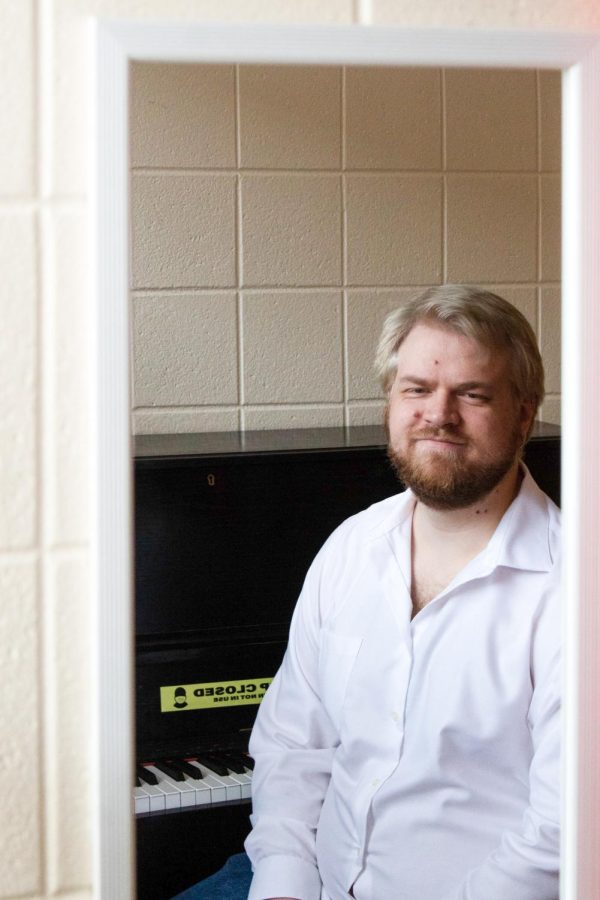

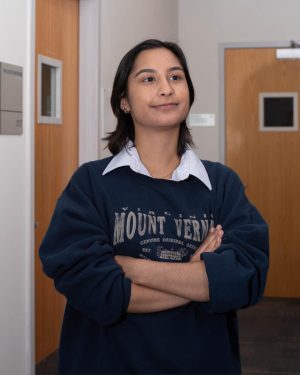
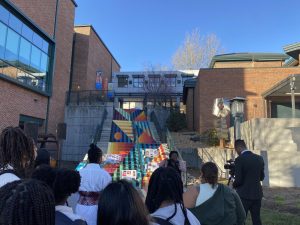
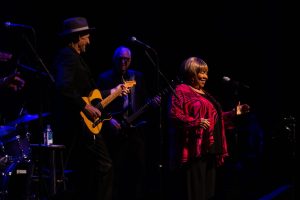
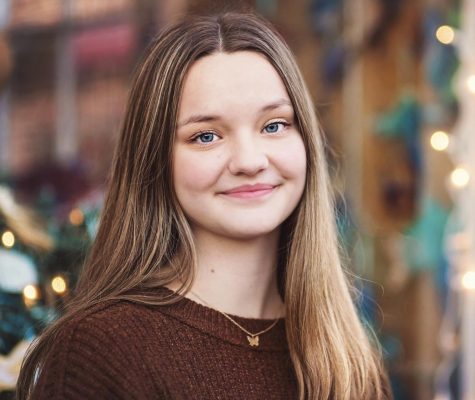
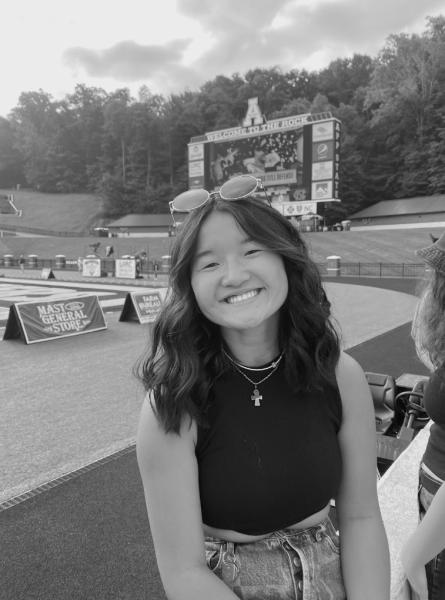









Ann Ward • Mar 7, 2023 at 7:33 am
Best wishes for continued success John!